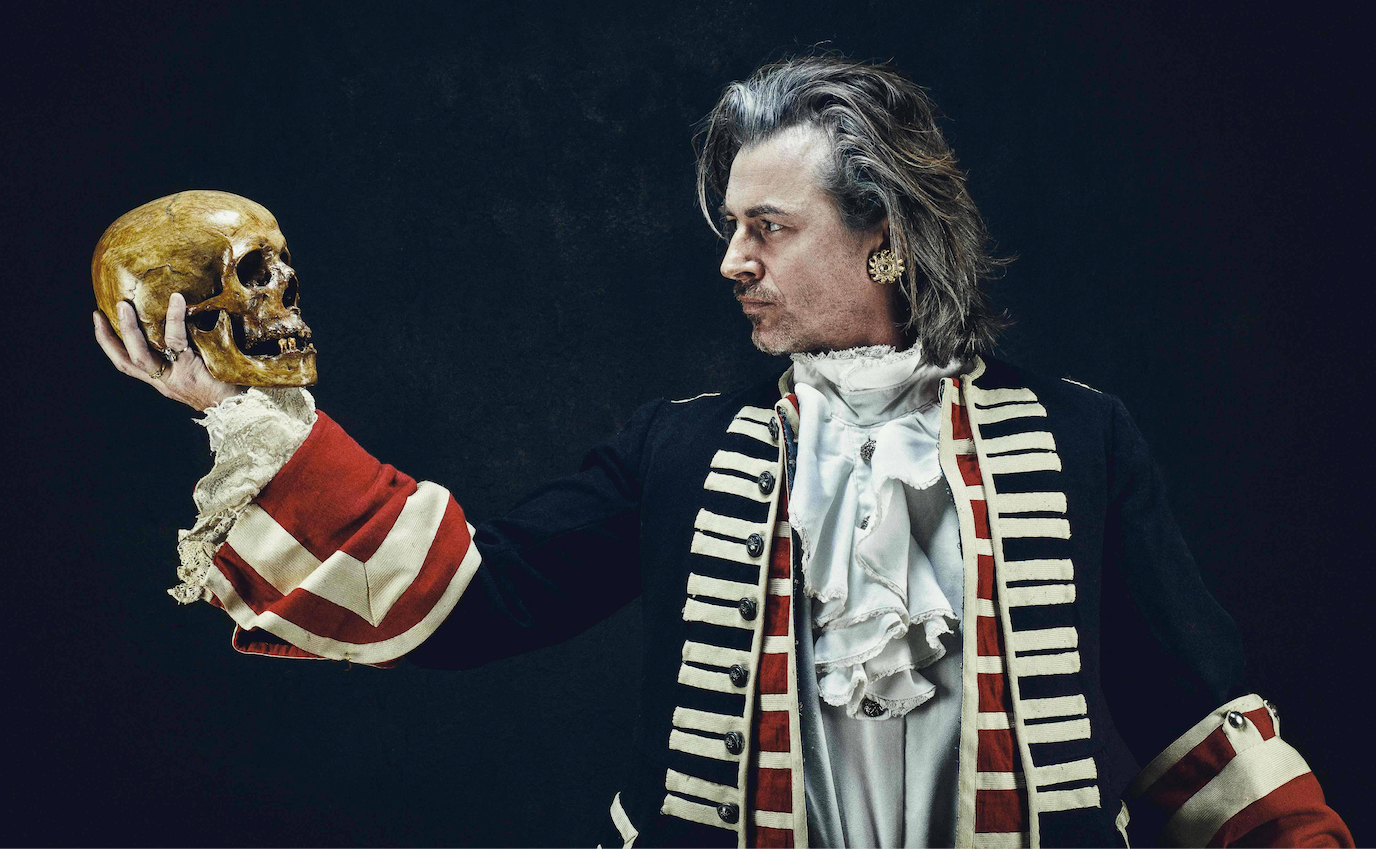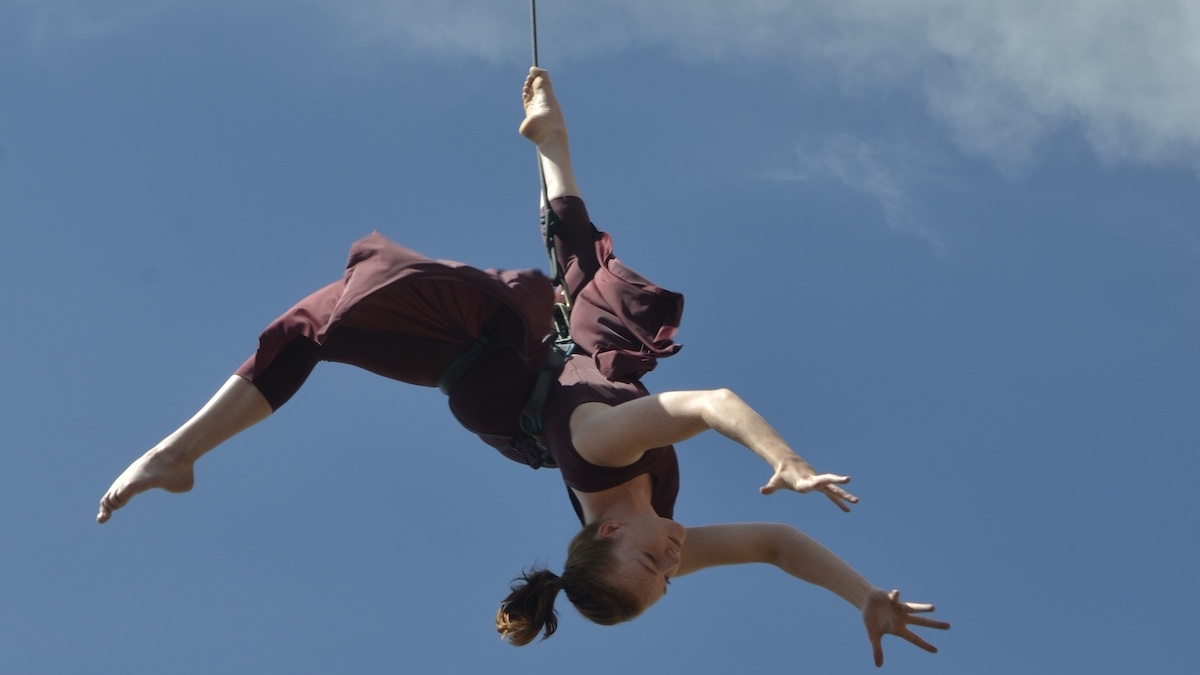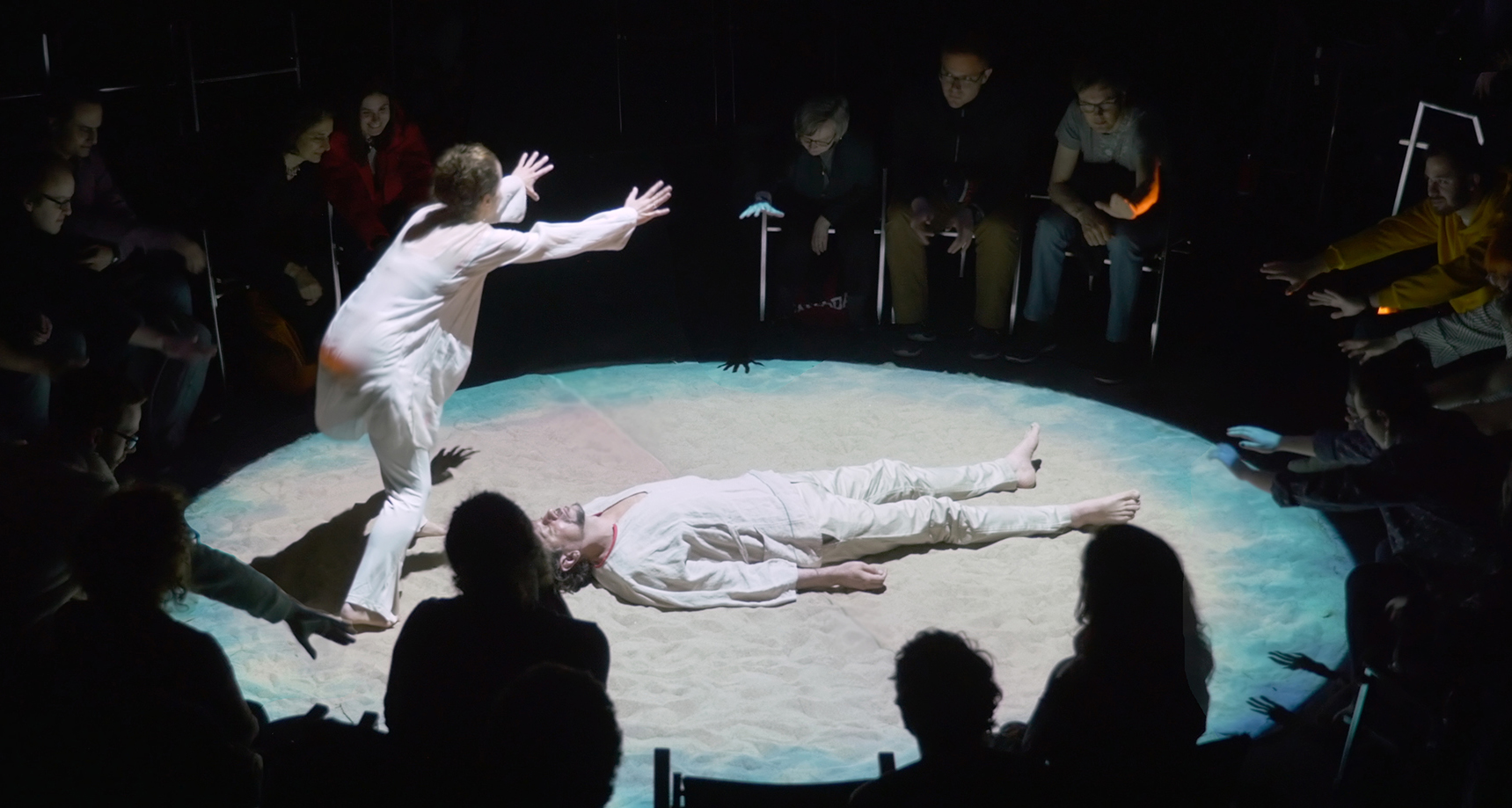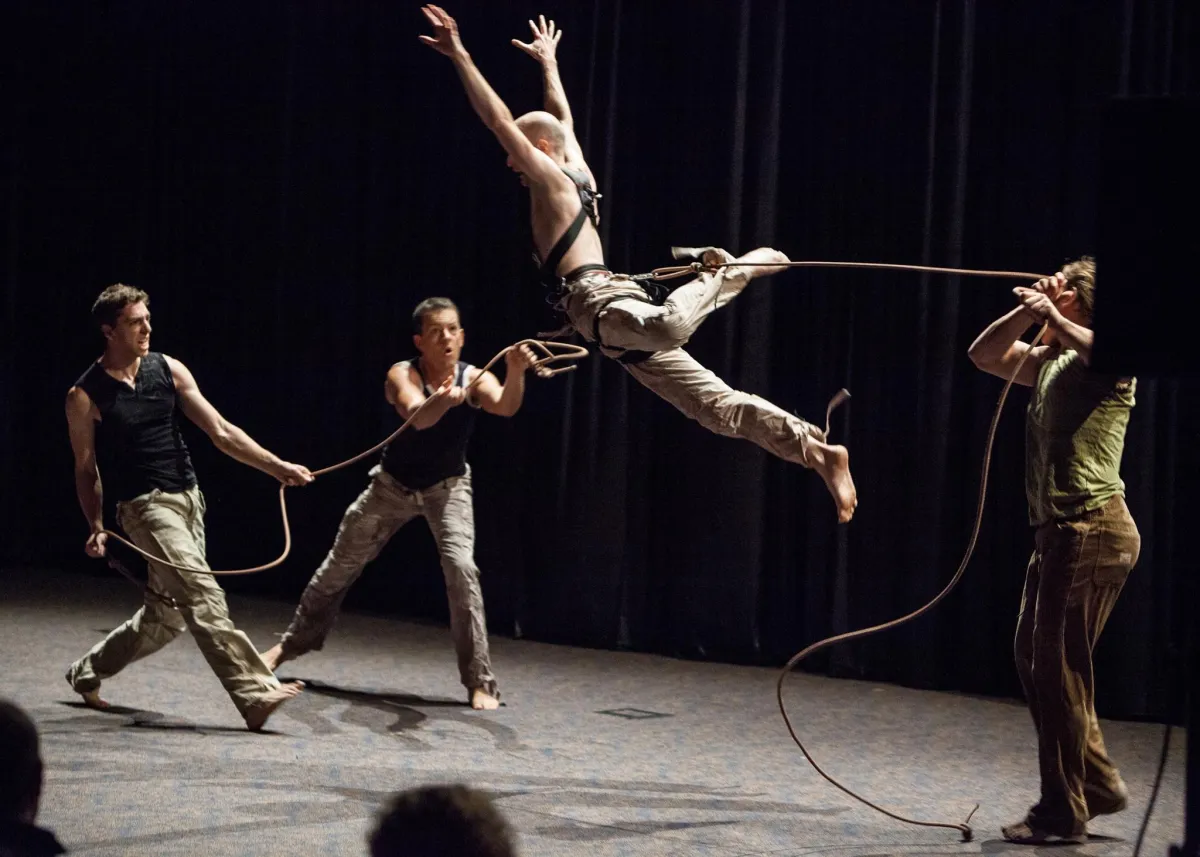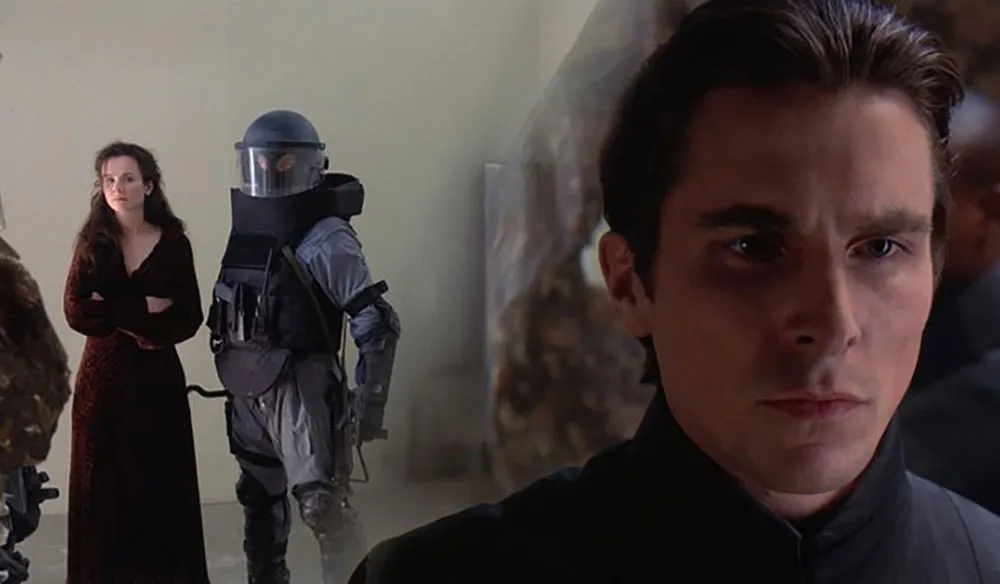Monologues are among the most powerful tools in an actor’s repertoire. Unlike scenes that rely on interaction, a monologue challenges the performer to hold the audience’s attention singlehandedly, conveying emotional depth, character, and transformation. Whether it’s a Shakespearean soliloquy or a contemporary confessional, the monologue demands clarity, vulnerability, and technical precision. For this reason, many casting directors use monologues as the gold standard in auditions—making mastery essential for serious actors.
Training in monologues strengthens more than just memorization and delivery. It refines voice control, facial expression, and timing. Actors learn to build tension, create arcs, and reveal subtext—all while standing alone under the spotlight. Monologues also provide a unique opportunity to explore complex characters in isolation, allowing the performer to connect with the material on a deeper level. Regular monologue practice builds confidence and sharpens emotional recall—both of which are vital in live theater performance.
Beyond the audition room, monologues are often featured in one-person shows and intimate theater settings. They form the foundation for deeply personal and experimental performances. From storytelling festivals to drama school showcases, monologue mastery allows actors to develop their individual voice and stand out in a competitive field. In an industry where authenticity and range are key, learning to captivate an audience solo is not just a skill—it’s a career-defining strength.

